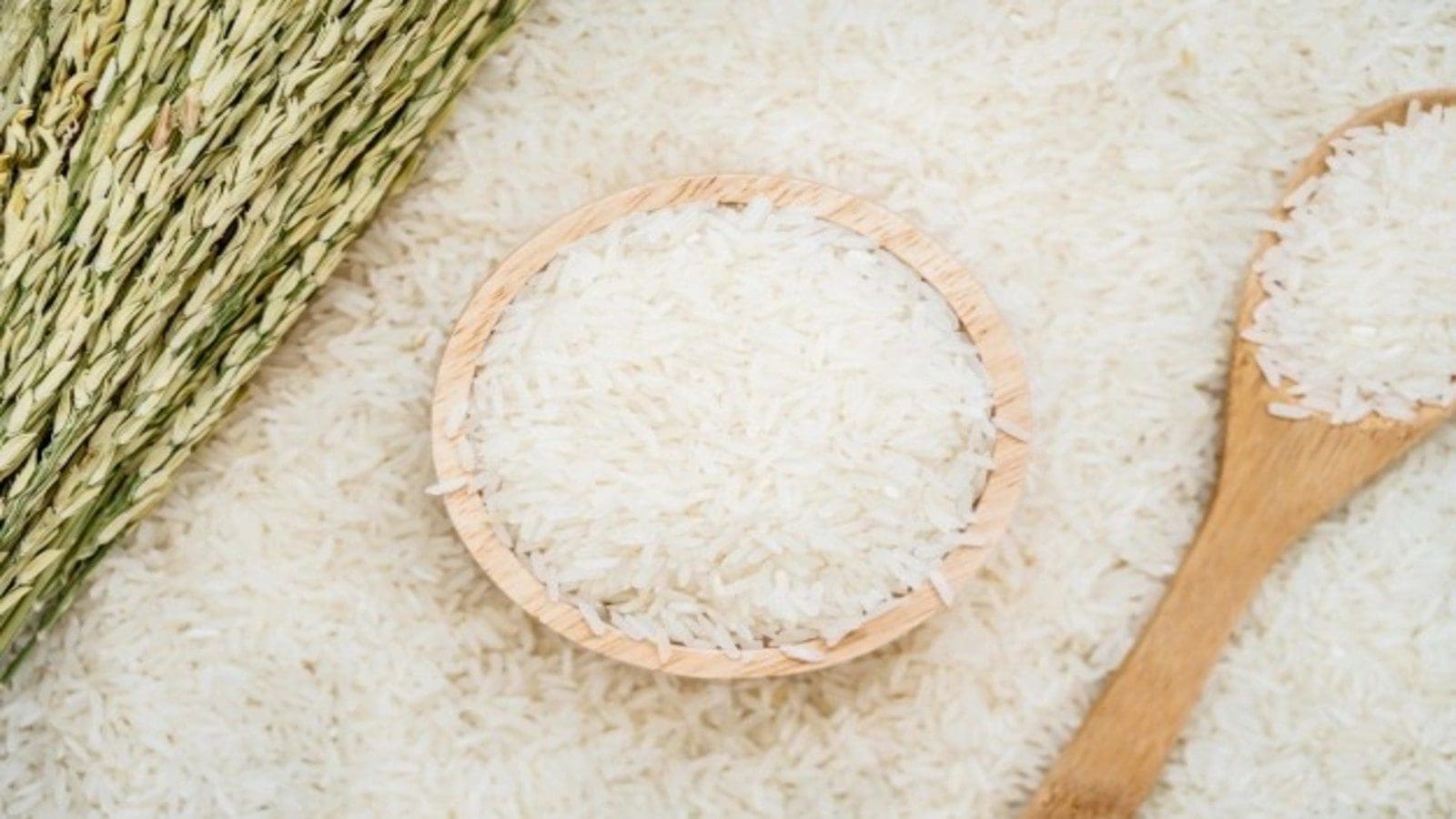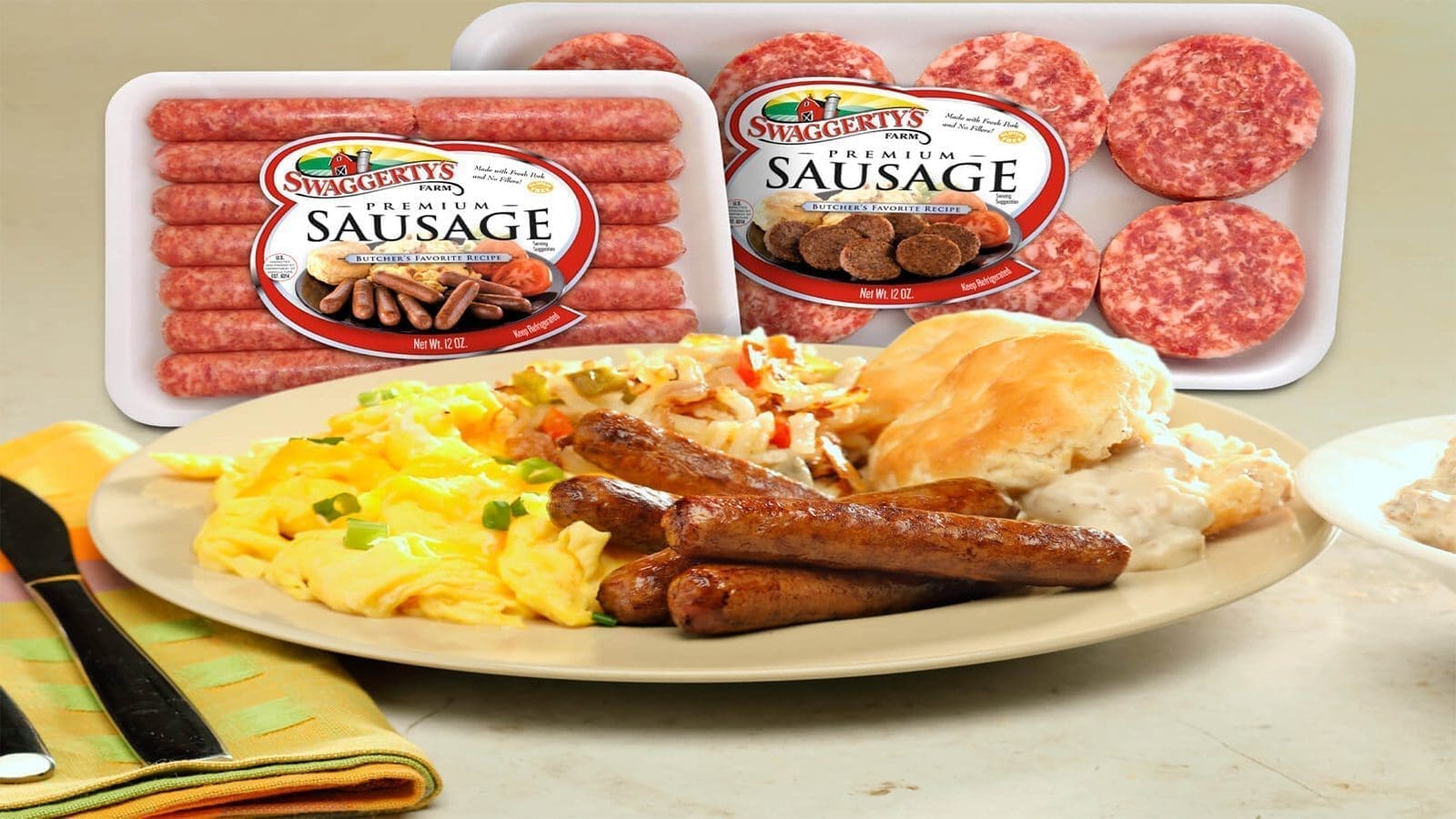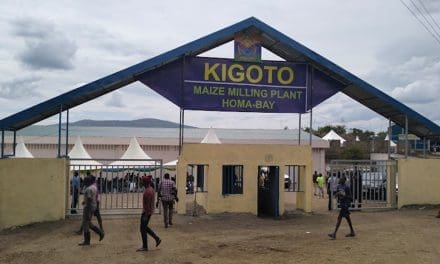INDIA – The Bureau of Indian Standards (BIS), is looking to set quality standards for machines that make fortified rice kernels, as the country aims to tackle malnutrition by stepping up efforts to provide fortified rice through various government programmes.
Rice fortification is done in order to increase essential micronutrients in rice to improve the nutritional quality of the food supply. In India, rice is fortified largely by using extrusion technology. Under the extrusion process, milled rice is first pulverized and mixed with a premix containing vitamins and minerals. Fortified rice kernels (FRK) are then produced from this mixture using extruder machines.
To get fortified rice, these kernels, which look similar to rice grains, are then blended with traditional rice in ratios that range from 1:50 to 1:200. The Food Safety and Standards Authority of India (FSSAI) recommends the ideal ratio to be 1:100.
Officials said that discussions are on to fix standards for these machines in order to standardize the ratio of pre-mix that is used to develop fortified rice kernels. This ratio is critical to ensure that the taste, aroma and texture of fortified rice is nearly identical to traditional rice.
Given the different varieties of rice grown in different regions of the country, the thought process behind setting these standards is that if 4-5 kinds of shapes are fixed in these machines, it will ensure that fortified rice kernels are developed in-line with the sizes of the different varieties of rice. So, when it gets blended with traditional rice, it becomes a homogenous mix, officials added.
The FSSAI has already set standards for fortified rice in the country, according to Business Line. The level of fortification per kg of iron, folic acid and vitamin B12 have been set under these standards. These standards also include tolerable levels of other micronutrients such as zinc, vitamin A, vitamin B1 and vitamin B2 in fortified rice.
Meanwhile, efforts are also on to boost the capacity of fortified rice kernels in the country. Officials said this capacity has already got expanded to about 60,000 tonnes of rice millers and an additional capacity of 30,000 tonnes is in the process of being added.
The Prime Minister, Narendra Modi, had earlier announced that fortified rice will be made available under various government schemes, including the public distribution system (PDS) and mid-day meal scheme in schools by 2024.
At present, about 7.59 lakh tonnes (759,000 tonnes) of fortified rice procured by the State-run Food Corporation of India (FCI) is available for distribution through Integrated Child Development Services and mid-day meal schemes.
Liked this article? Subscribe to Food Safety Africa News, our regular email newsletters with the latest news insights from Africa and the World’s food safety, quality and compliance. SUBSCRIBE HERE








